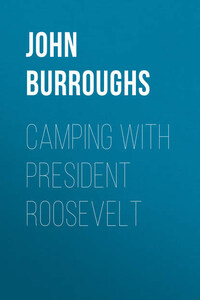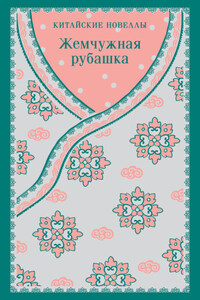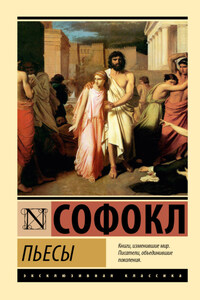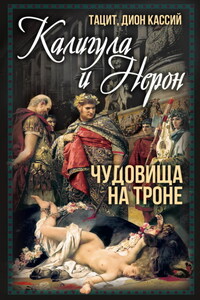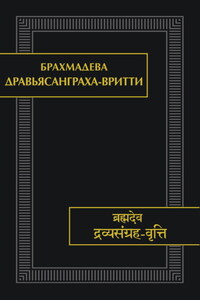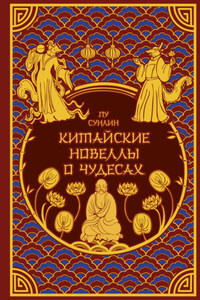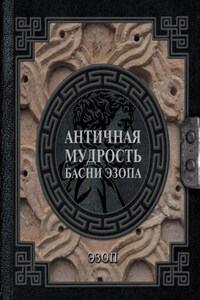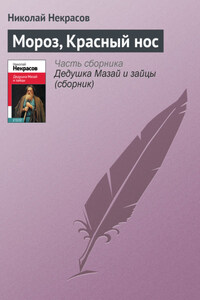At the time I made the trip to Yellowstone Park with President Roosevelt in the spring of 1903, I promised some friends to write up my impressions of the President and of the Park, but I have been slow in getting around to it. The President himself, having the absolute leisure and peace of the White House, wrote his account of the trip nearly two years ago! But with the stress and strain of my life at "Slabsides," – administering the affairs of so many of the wild creatures of the woods about me, – I have not till this blessed season found the time to put on record an account of the most interesting thing I saw in that wonderful land, which, of course, was the President himself.
When I accepted his invitation I was well aware that during the journey I should be in a storm centre most of the time, which is not always a pleasant prospect to a man of my habits and disposition. The President himself is a good deal of a storm, – a man of such abounding energy and ceaseless activity that he sets everything in motion around him wherever he goes. But I knew he would be pretty well occupied on his way to the Park in speaking to eager throngs and in receiving personal and political homage in the towns and cities we were to pass through. But when all this was over, and I found myself with him in the wilderness of the Park, with only the superintendent and a few attendants to help take up his tremendous personal impact, how was it likely to fare with a non-strenuous person like myself, I asked? I had visions of snow six and seven feet deep where traveling could be done only upon snowshoes, and I had never had the things on my feet in my life. If the infernal fires beneath, that keep the pot boiling so out there, should melt the snows, I could see the party tearing along on horseback at a wolf-hunt pace over a rough country; and as I had not been on a horse's back since the President was born, how would it be likely to fare with me there?
THE PRESIDENT'S INTEREST IN NATURAL HISTORY
I had known the President several years before he became famous, and we had had some correspondence on subjects of natural history. His interest in such themes is always very fresh and keen, and the main motive of his visit to the Park at this time was to see and study in its semi-domesticated condition the great game which he had so often hunted during his ranch days; and he was kind enough to think it would be an additional pleasure to see it with a nature-lover like myself. For my own part, I knew nothing about big game, but I knew there was no man in the country with whom I should so like to see it as Roosevelt.
Some of our newspapers reported that the President intended to hunt in the Park. A woman in Vermont wrote me, to protest against the hunting, and hoped I would teach the President to love the animals as much as I did, – as if he did not love them much more, because his love is founded upon knowledge, and because they had been a part of his life. She did not know that I was then cherishing the secret hope that I might be allowed to shoot a cougar or bobcat; but this fun did not come to me. The President said, "I will not fire a gun in the Park; then I shall have no explanations to make." Yet once I did hear him say in the wilderness, "I feel as if I ought to keep the camp in meat. I always have." I regretted that he could not do so on this occasion.
I have never been disturbed by the President's hunting trips. It is to such men as he that the big game legitimately belongs, – men who regard it from the point of view of the naturalist as well as from that of the sportsman, who are interested in its preservation, and who share with the world the delight they experience in the chase. Such a hunter as Roosevelt is as far removed from the game-butcher as day is from night; and as for his killing of the "varmints," – bears, cougars, and bobcats, – the fewer of these there are, the better for the useful and beautiful game.
The cougars, or mountain lions, in the Park certainly needed killing. The superintendent reported that he had seen where they had slain nineteen elk, and we saw where they had killed a deer, and dragged its body across the trail. Of course, the President would not now on his hunting trips shoot an elk or a deer except to "keep the camp in meat," and for this purpose it is as legitimate as to slay a sheep or a steer for the table at home.
We left Washington on April 1, and strung several of the larger Western cities on our thread of travel, – Chicago, Milwaukee, Madison, St. Paul, Minneapolis, – as well as many lesser towns, in each of which the President made an address, sometimes brief, on a few occasions of an hour or more.
He gave himself very freely and heartily to the people wherever he went. He could easily match their Western cordiality and good-fellowship. Wherever his train stopped, crowds soon gathered, or had already gathered, to welcome him. His advent made a holiday in each town he visited. At all the principal stops the usual programme was: first, his reception by the committee of citizens appointed to receive him, – they usually boarded his private car, and were one by one introduced to him; then a drive through the town with a concourse of carriages; then to the hall or open air platform, where he spoke to the assembled throng; then to lunch or dinner; and then back to the train, and off for the next stop – a round of hand-shaking, carriage-driving, speech-making each day. He usually spoke from eight to ten times every twenty-four hours, sometimes for only a few minutes from the rear platform of his private car, at others for an hour or more in some large hall. In Chicago, Milwaukee, and St. Paul, elaborate banquets were given him and his party, and on each occasion he delivered a carefully prepared speech upon questions that involved the policy of his administration. The throng that greeted him in the vast Auditorium in Chicago – that rose and waved and waved again – was one of the grandest human spectacles I ever witnessed.
